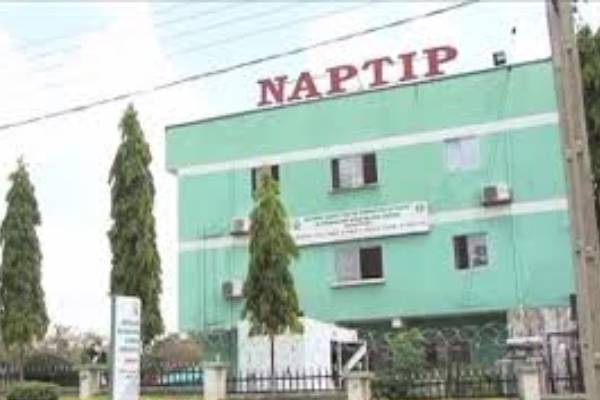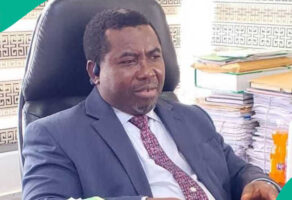The Director-General of the National Agency for the Prohibition of Trafficking in Persons (NAPTIP), Binta Adamu Bello, has revealed alarming new tactics being deployed by human traffickers to lure and exploit victims across Nigeria and West Africa.
Speaking at a press conference in Abuja to mark the start of the 2025 World Day Against Human Trafficking, Bello warned that traffickers are increasingly using fake job offers, scholarship schemes, and online scams to recruit unsuspecting victims.
She said some traffickers now pose as marketing recruiters for branded products, while others exploit victims through online loan schemes, baby factories, organ harvesting, and the recruitment of youths for internet fraud (popularly known as “Yahoo-Yahoo”) in Nigeria, Ghana, and other West African countries.
“The fight against human trafficking has continued to take new dimensions with emerging trends daily,” Bello said. “The online loan scheme is particularly disturbing. Victims are lured into accepting loans on social media and then forced into prostitution to repay the debt.”
She noted that NAPTIP had strengthened the capacity of its Cybercrime Squad to tackle the rising wave of online exploitation and vowed that the agency would continue scaling up its strategies to outsmart traffickers.
“We are committed to doubling our efforts. In the coming months, it will be very challenging for human traffickers in Nigeria,” she said, urging all stakeholders to unite and take decisive action against trafficking networks.
Bello also stressed that human trafficking undermines national development and disproportionately targets women and youth, adding, “Together, let us kick human traffickers out of Nigeria.”
Also speaking at the event, the Country Representative of the United Nations Office on Drugs and Crime (UNODC), Mr Cheikh Toure, described trafficking as a calculated, transnational enterprise that thrives on the vulnerability of citizens.
He reaffirmed the UNODC’s support for Nigeria and called for coordinated, cross-border action to dismantle trafficking networks and bring perpetrators to justice.
“Policies alone cannot win this fight,” Toure said. “We must empower communities, traditional institutions, and grassroots leaders to serve as the frontline defence against exploitation.”
He stressed that human trafficking violates human dignity, destabilises societies, and undermines the rule of law, adding that the UNODC would deepen its partnership with Nigeria to support survivors and build a future free from human trafficking.





